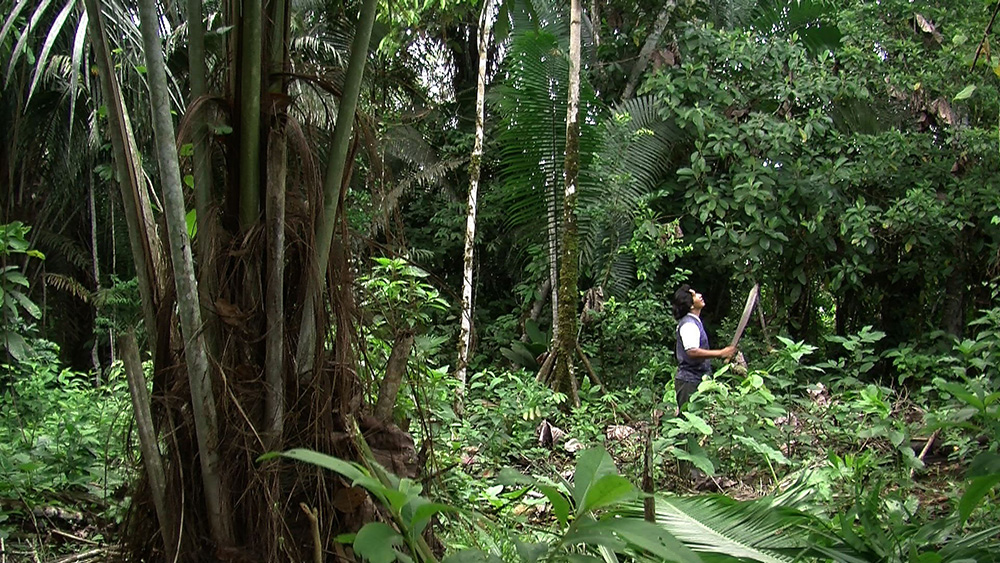Monday, September 28, 2015, 7pm
When Matter Thinks
Ursula Biemann (Zurich) and Kodwo Eshun (London)
HEAD, Boulevard Helvétique 9, 1205 Geneva, seminar room CCC, salle 27, 2nd floor

Ursula Biemann and Kodwo Eshun will elaborate upon the differing forms of research that engage with forces of matter. How are the entanglements between the inhuman and the human envisioned and narrated? How are the multiscalar relations between the earth, the world and the planet made audible, visible and affective? How do the temporal and spatial demands of planetary matter under conditions of anthropogenic violence modulate, mutate and melt the form and the function of essayistic practice?
In her lecture The Cosmopolitical Forest, Ursula Biemann will discuss the ways in which the challenge to traditional epistemology requires a post-humanist vision that rethinks the interrelations between mind and matter as one dynamic interactive system in a permanent process of molecular aggregation. Recent video works by Ursula Biemann engage with the materialities of oil and ice, the forest and water as modes of time based media that behave like video by recording human history and storing chemical alterations performed by the planet. Drawing upon the theories of Michel Serres, Isabelle Stengers and Eduardo Kohn, Biemann analyses Forest Law, a recent video produced in collaboration with architect Paolo Tavares narrated from the position of a conditional future shaped by decisions that are being made now.

In his lecture Sentient Entities, Kodwo Eshun will discuss the role played by sentient matter in contemporary modes of fiction such as the Eerie and the New Weird. In recent writings produced by theorist Reza Negarastani and novelists such as Jeff VanderMeer, matter such as oil and polluted landscapes are envisioned as post-natural media and supranatural entities that play an occult role within cosmopolitical assemblages. The malign ecologies envisioned in Cyclonopedia and The Southern Reach Trilogy relate to and differ from the hidden agencies of matter dramatized in recent works by